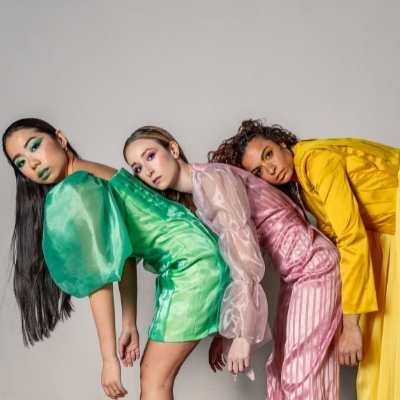Unlocking Careers: The Best Costume Curator Jobs Revealed
Are you passionate about costumes and have a keen eye for fashion history? If so, a career as a costume curator might be the perfect fit for you. Costume curators play a crucial role in preserving and showcasing historical garments and accessories in museums, theaters, and other cultural institutions. In this blog post, we will explore the exciting world of costume curator jobs, the skills required, educational paths to pursue, and the steps you can take to land your dream job.
1. What Does a Costume Curator Do?
Costume curators are responsible for acquiring, preserving, researching, and exhibiting costumes and accessories. They work closely with museum collections, theater companies, and other organizations to curate exhibitions, design displays, and interpret the historical and cultural significance of the costumes. Their role involves conducting research, cataloging items, managing collections, and collaborating with other professionals such as conservators and exhibition designers.
2. Essential Skills for Costume Curators
To excel in a costume curator career, certain skills are essential. Firstly, a strong knowledge of fashion history and costume design is crucial. Costume curators should be able to identify different styles, fabrics, and techniques used in historical garments. Excellent research skills are also necessary to uncover the stories behind the costumes and their cultural context.
Attention to detail is another vital skill for costume curators. They must handle delicate textiles and accessories with care, ensuring their preservation for future generations. Additionally, strong organizational skills are essential for managing collections and maintaining accurate records.
3. Education and Training
While a formal education is not always a requirement, it can greatly enhance your chances of securing a costume curator job. Many employers prefer candidates with a bachelor’s or master’s degree in fashion history, costume studies, museum studies, or a related field.
Several institutions offer specialized programs in costume curation. For example, New York University (NYU) offers a Master of Arts in Costume Studies program through its Steinhardt School. Parsons School of Design, a part of The New School, also offers a Master of Arts in Fashion Studies with a focus on costume history. These programs provide students with a comprehensive understanding of costume curation, research methodologies, and exhibition design.
4. Gaining Experience
Building practical experience is essential for aspiring costume curators. Internships and volunteer positions at museums, historical societies, or theater companies can provide valuable hands-on experience and networking opportunities. Look for opportunities to assist with costume exhibitions, cataloging collections, or conducting research.
Another way to gain experience is through online courses. Yellowbrick offers an online course called FIT Fashion Styling Foundations that covers topics such as fashion history, costume design, and visual storytelling. This course can provide you with a solid foundation in costume curation and enhance your resume.
5. Job Opportunities and Career Progression
Costume curator jobs can be found in a variety of settings, including museums, theaters, historical sites, and even film and television production companies. Starting positions may include assistant curator or collections manager roles, where you can gain hands-on experience and expand your knowledge.
As you progress in your career, you may have the opportunity to curate larger exhibitions or specialize in a particular era or style of costume. With experience and expertise, you could advance to senior curator positions or even become a director of a costume department.
Costume curator jobs offer a unique blend of fashion, history, and artistry. By acquiring the necessary skills and knowledge through education, practical experience, and continuous learning, you can pursue a rewarding career in costume curation. So, start exploring your options, connect with professionals in the field, and take the first steps towards becoming a successful costume curator.
Key Takeaways:
- Costume curators play a crucial role in preserving and showcasing historical garments and accessories in museums, theaters, and cultural institutions.
- Essential skills for costume curators include a strong knowledge of fashion history and costume design, excellent research skills, attention to detail, and strong organizational skills.
- While a formal education is not always required, pursuing a degree in fashion history, costume studies, museum studies, or a related field can enhance your chances of securing a costume curator job.
- Gaining practical experience through internships, volunteer positions, and online courses can greatly benefit aspiring costume curators.
- Costume curator jobs can be found in various settings, and career progression opportunities include curating larger exhibitions, specializing in specific eras or styles, and advancing to senior curator or director roles.
To further enhance your skills and knowledge in costume curation, consider taking the FIT Fashion Styling Foundations online course and certificate program offered by Yellowbrick. This comprehensive course covers fashion history, costume design, and visual storytelling, providing you with a solid foundation and boosting your resume. Start your journey towards a rewarding career as a costume curator today!








